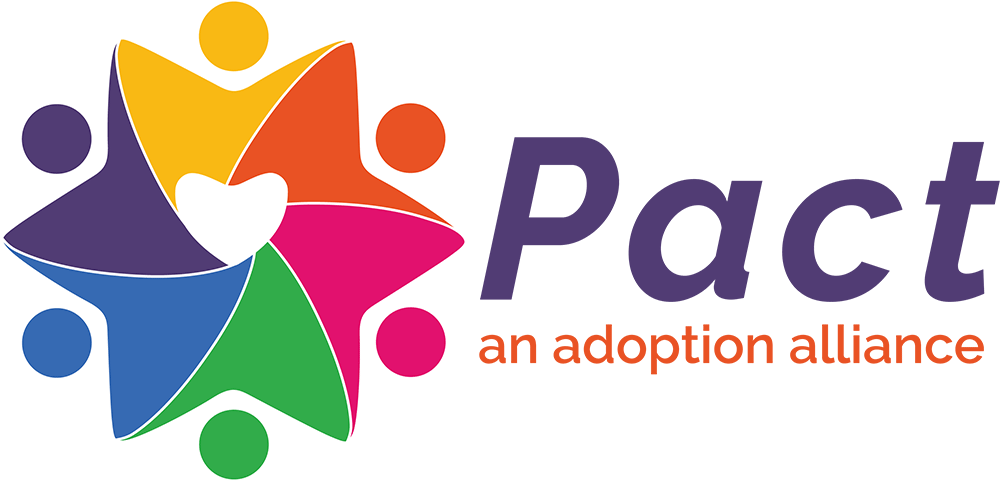by Susan Ito
2018
Realize that my inner identity might not always match my outer identity. Identity is complicated for adoptees of color, and how we identify inside might be different than how we present externally. Please ask me how I identify. The answer, especially for those of us who were raised transracially or transculturally, might be surprising. If you were to ask, I’d say I’m a three-quarters Japanese (three of my four parents are Japanese, including one birth parent and two adoptive ones), Sansei (third generation) hapa (mixed Asian) adopted person. Recently, I’ve learned that I’m one-quarter mixed European, and I’m slowly integrating that into my identity, too.
Understand that adoption is a lifelong journey, and there will be events along the way that can evoke strong feelings in a surprising way. At a family wedding this summer, I realized that my husband had a dozen relatives in attendance. I had one sole family member from my side—my adoptive mother. The absence of both adoptive and birth family at this milestone event was painful in an otherwise joyous occasion.
I might change the way I feel about connecting (or not) with my birth culture, about searching or about being with birth family. Starting (or ending) relationships or marriages; becoming pregnant (or not) or having children; deaths of family members; and transitions of any kind can all have a significant impact on an adopted person. Not everything is about adoption; at the same time, the impact of adoption cannot be underestimated. Remembering this with sensitivity can help, especially if and when I seem like a functioning adult. Sometimes these things can come up unexpectedly and blindside us.
Know that things that affect other people of color affect me, too. In these tumultuous times in our country and world, we see ourselves reflected in countless acts of violence and hatred. We need your solidarity, for you to stand up against injustice, and not to pretend that it doesn’t affect you personally. Because if you love me, it does.
Realize that I need to be around adoptees. My adoptee community is one of the most precious things in my life. I need my loved ones to support me in connecting with others who have a similar lived experience. Finding other biracial, half-Asian adoptees who were raised by Asian parents is a rare thing, but I don’t need to have those who mirror me exactly. I’ve found friendship and deep understanding amongst other Asian adoptees, transracial adoptees, biracial adoptees, domestic adoptees who dealt with the frustration and injustice of closed records, adoptee writers, adoptees from New Jersey—adoptees, period. I need your support of these vital connections.
Know that knowing the truth is more important than finding a good story. Parts of my adoption search have been joyful and affirming; other parts have been painful beyond measure. But knowing the truth has been worth it to me. Those who love me might want to protect me from hurt, but the greatest hurt is the void of basic information. People ask me if I regret searching because of what I’ve encountered or experienced. I’ve had biological relatives turn away. But would I have chosen otherwise? Never. In spite of some heartbreaking events that occurred along the way, knowing the truth is grounding.
Susan Ito is a writer, editor, educator and performer who was the founding director of Pact Family Camp and a long-time member of Pact’s board of director.
